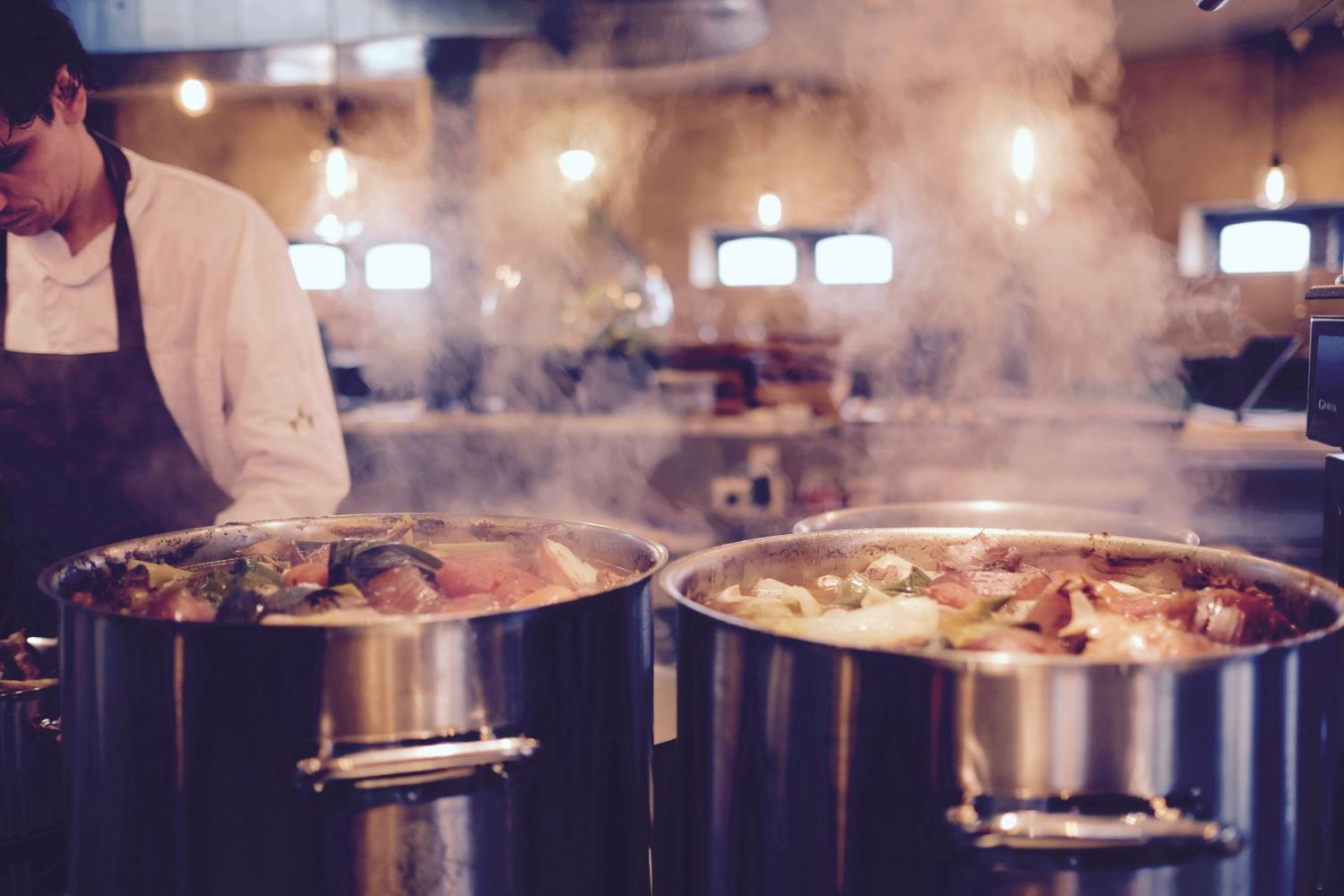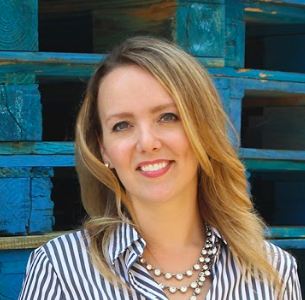
Food waste is a global issue as it poses widespread humanitarian, environmental and economical challenges. Yet it is often underrated as a serious threat. Those in the food and hospitality industry see how much is being wasted day in and day out, but few take a closer look at this waste. When sorting out the amount of food waste the industry throws out on a daily basis, imagine that every time you eat, you throw a fifth of your food away. Useable food is being wasted in abundance.
Some food and hospitality companies repurpose unused food through donations, as ingredients for other dishes, or by converting it into fertilizer or organic wastewater. But opportunities to reduce waste from the start could advance the fight against food waste even further. And one possibility is emerging, thanks to artificial intelligence (AI).
This is where Winnow Solutions is leading the charge. The United Kingdom-based company’s mission is to connect the commercial kitchen while creating a movement of chefs and, in the meantime, inspire others to realize that food is too valuable to waste. Winnow recently introduced a new AI-enabled product, Winnow Vision, to revolutionize food waste management.
Winnow Vision uses a camera, smart scales and machine learning technology (the same type of technology found in autonomous vehicles) to recognize different foods being thrown into the bin. The system then calculates the financial and environmental cost of this discarded food so that it is understood by the commercial kitchen using it.
Winnow tested this product before its launch with partners Ikea and Dubai-based Emaar Hospitality Group. These early-adopter partners found that Winnow Vision surpasses the levels of accuracy possible by humans and enables chefs to run more efficient and more profitable kitchens.
Ikea has long been a champion of integrating sustainable practices into its operations. Testing Winnow Vision in its kitchens made for a natural fit. In 2017, Ikea announced its Food is Precious initiative, aimed at cutting food waste in its food operations by 50 percent by the end of 2020. As part of this initiative, Ikea became a member of Champions 12.3, a global coalition for fighting food waste hosted by the World Resource Institute.
Champions 12.3 is dedicated to inspiring action and accelerating progress toward achieving SDG Target 12.3 by 2030. Target 12.3 was set to address the $940 billion per year in economic losses caused by food waste.
As with most machining-learning technology, the more it is used, the more it ‘learns.' Winnow Vision can help to tackle the overproduction of particular food items as it learns what’s being tossed. Through this technology, businesses and chefs can adjust their food purchasing decisions accordingly. Winnow reports that this technology has helped commercial kitchens save more than $30 million in annual food costs, which equates to preventing over 23 million meals from going to waste. Winnow Vision is currently installed in more than 75 kitchens, and Winnow anticipates setting up the AI-powered bin in hundreds more this year.
By providing visibility into what is being wasted, Winnow Vision truly has the capacity to revolutionize commercial kitchens and reduce food waste.
Image credit: Timur Saglambilek/Pexels

Based in Michigan, Sarah is passionate about sustainability, storytelling and bringing to light sustainability principles that can be threaded into business strategies and communications. Formerly an editor for CSRwire and freelance writer for many organizations forwarding the principles of corporate social responsibility and circularity, she is excited to be a contributor to TriplePundit. Connect with Sarah on LinkedIn and Twitter.














